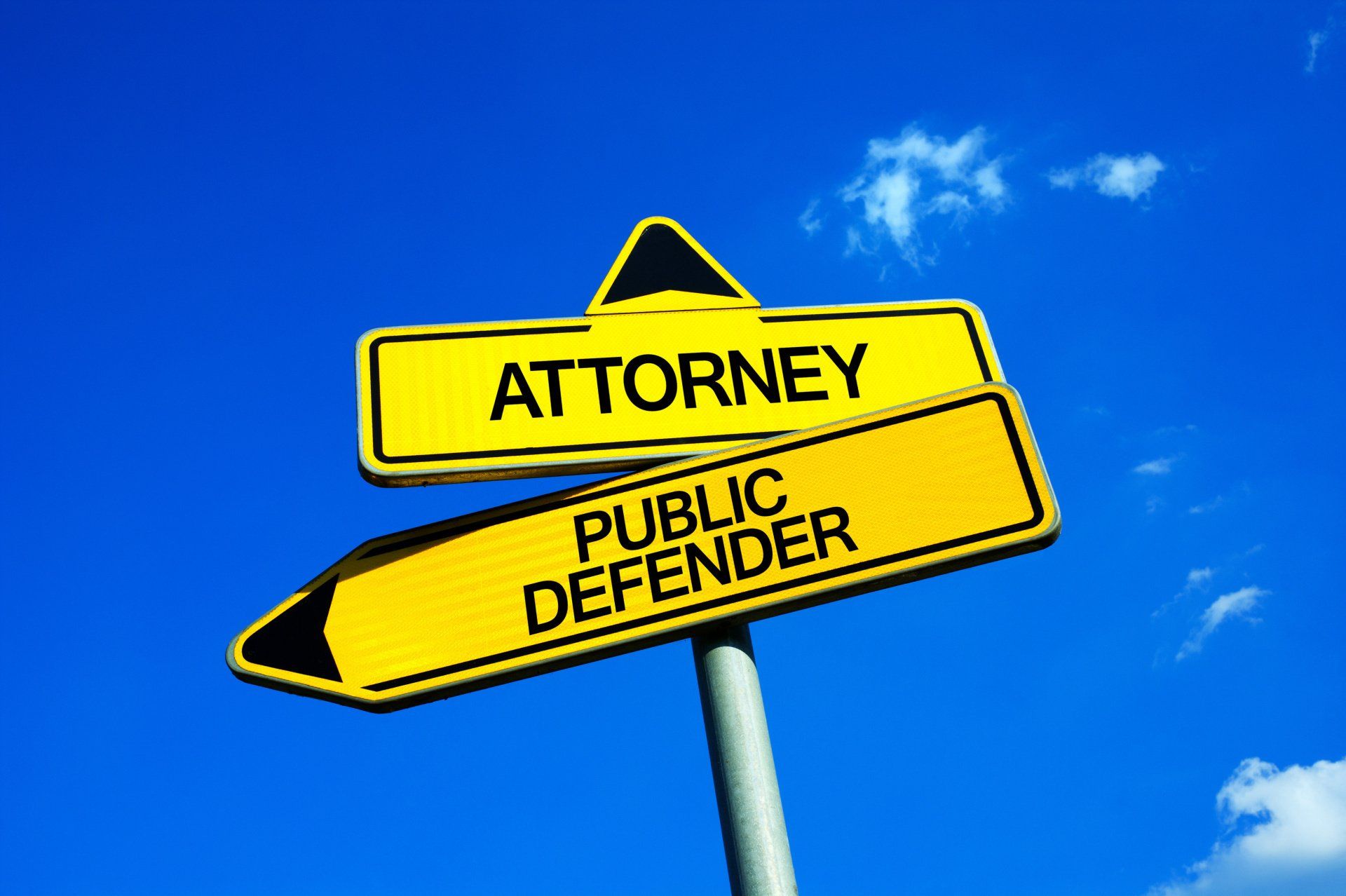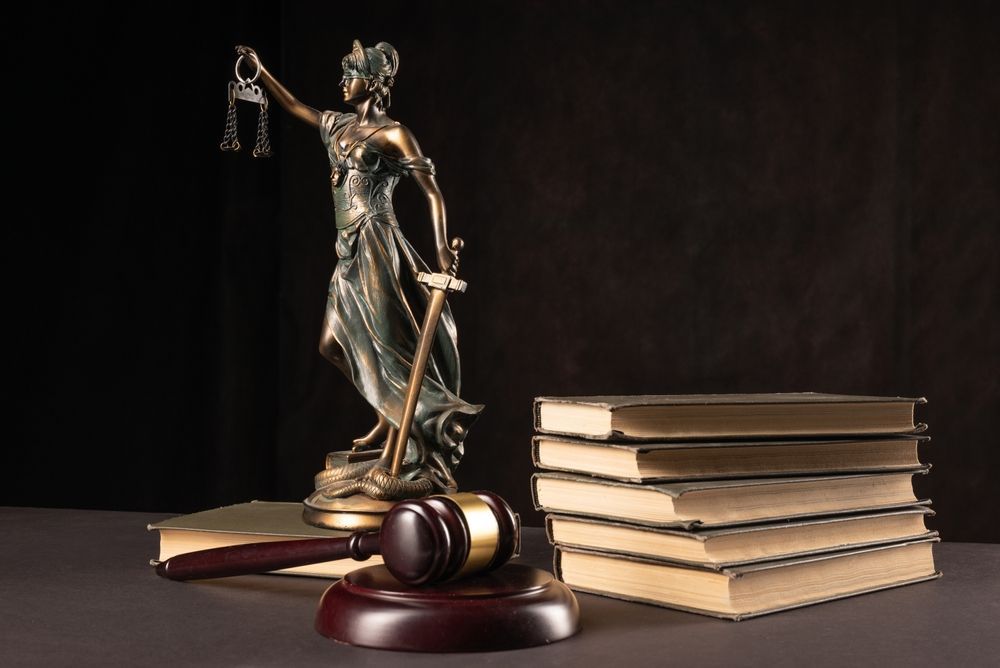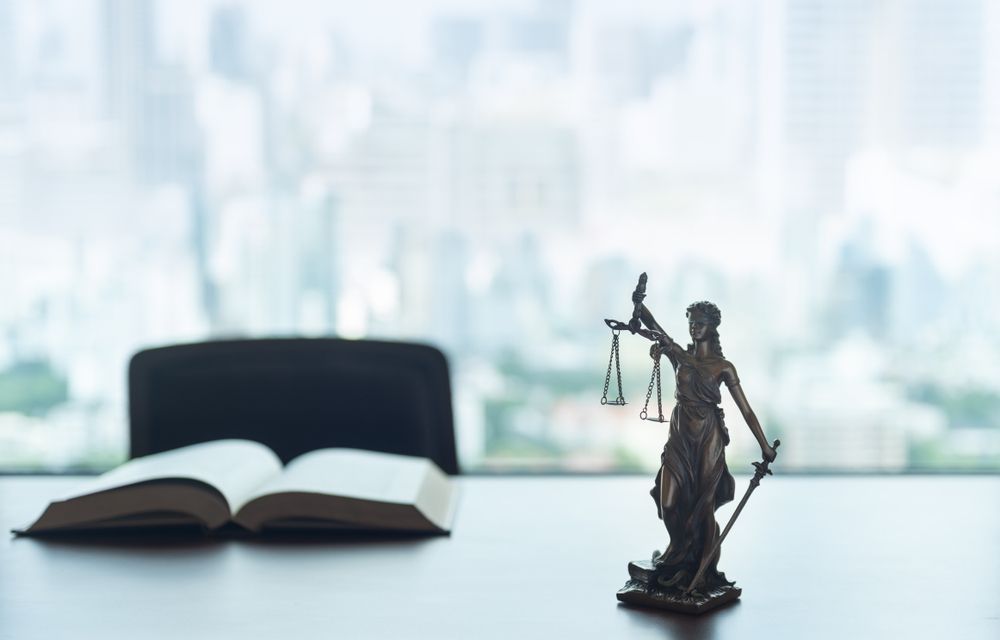By Joseph Zdrilich
•
January 16, 2026
While America's older cities have enduring charm, they're completely impractical for modern vehicles. Large SUVs and trucks, and sometimes even 4-door sedans, struggle to cruise centuries-old roads. Staying safe on Savannah's beautiful streets means training yourself to be a defensive driver and using practical tips that help avoid collisions. Savannah’s historic squares, narrow one-way streets, and steady flow of visitors create a driving environment that rewards local awareness and simple habits. This guide offers practical, Savannah-focused safe-driving tips and defensive-driving strategies so you can lower your crash risk, safely travel busy corridors such as Abercorn Street and DeRenne Avenue, and respond appropriately if a collision occurs. Coastal weather, heavy pedestrian activity, and nightlife patterns all affect how traffic behaves here. Knowing these local factors prevents common mistakes that lead to injury and property damage. You’ll find the most frequent causes of car accidents in Savannah, clear defensive techniques tailored to the city’s layout, a comparison of high-risk intersections with recommended actions, and a prioritized checklist to follow right after a crash. Read on for numbered lists, concise tables, and quick checklists you can use the next time you drive in Savannah. What Are the Most Common Causes of Car Accidents in Savannah? Knowing the typical causes helps you focus on prevention. In Savannah, frequent contributors include distracted driving, speeding, impaired driving, and hazardous road conditions that get worse during tourist seasons and coastal weather events. Distracted driving often involves phones, navigation, or passenger interactions; Georgia’s Hands-Free Law restricts handheld use, but cognitive distraction still poses a local risk. Speeding raises crash severity and reduces reaction time on the tight turns and one-way streets common in the historic district. Impaired driving tends to rise during nightlife hours near entertainment areas, creating predictable high-risk windows that defensive drivers should watch for. This section lists the leading causes and explains why each matters locally, before we move on to specific defensive tactics you can use on Savannah streets. Distracted driving: Even a few seconds looking away is especially dangerous around pedestrian-heavy squares. Speeding: Higher speeds leave less time to react to sudden pedestrian crossings and narrow historic turns. Impaired driving (DUI): Nightlife and weekend traffic patterns increase the risk of collisions on major corridors. Hazardous conditions: Coastal rain, sun glare, and unexpected road work can make roads slippery or confusing. These causes point to where you should focus defensive techniques: scanning, speed management, and avoiding distractions, to lower your risk on Savannah roads. How Does Distracted Driving Impact Savannah Roads? Distracted driving means any activity that takes attention off driving: texting, reprogramming navigation, or interacting with passengers. In Savannah, its effect is amplified by tourists and the city's compact street layout. The Georgia Hands-Free Law, in effect since 2018, bans handheld device use while driving, but drivers still face cognitive distraction from apps or unfamiliar routes. Distraction shortens reaction time at crosswalks and when negotiating one-way streets in the historic district, increasing both the chance and severity of crashes. Practical steps: set navigation and playlists before you go, turn on Do Not Disturb, and pull over if you need to make calls or adjust directions. Seeing how distraction combines with local features leads directly into the speed control and situational-awareness techniques that follow. Why Is Speeding a Major Risk Factor in Savannah? Speeding increases stopping distance and crash force, risks that matter more in Savannah, where lanes are narrow, and pedestrian activity is frequent near squares and tourist areas. Local Vision Zero efforts and targeted enforcement focus on corridors with higher incident rates. Faster vehicles have less ability to manage sudden merges, curbside deliveries, or unexpected pedestrian crossings. To control speed safely, obey posted limits, slow down in pedestrian-heavy zones, and decelerate gradually when entering the historic district or congested corridors. Slowing down reduces crash severity and gives you more time to react to the hazards covered in the defensive-driving section. Which Defensive Driving Tips Help You Stay Safe on Savannah Streets? Defensive driving in Savannah means anticipating hazards, maintaining a safe distance from your vehicle, and adjusting for tourists, cyclists, and weather conditions. Situational awareness is the foundation: scan mirrors frequently, watch for pedestrians in squares, and predict other drivers’ likely actions. A larger following distance gives you time to stop for sudden crosswalks or vehicles making tight turns; steady speed and lane discipline reduce common conflict points. Apply these techniques consistently to handle one-way systems and seasonal traffic surges. Below are specific defensive techniques you can practice on local drives: Keep a 3–4-second following distance in city traffic to allow for unexpected stops. Scan intersections and crosswalks earlier than you would on less pedestrianized roads. Check mirrors every 5–8 seconds to spot approaching cyclists or delivery vehicles. Program navigation and enable hands-free modes before you start driving to limit in-route interactions. How Can You Maintain Situational Awareness in Savannah Traffic? Situational awareness is the ongoing process of observing, interpreting, and anticipating what’s around you. In Savannah, give special attention to pedestrians, bicyclists, and tour vehicles. Regular mirror checks and brief head turns catch hazards approaching from behind or side streets, while scanning 12–15 seconds ahead helps you spot merging traffic or sudden stops. Watch for visual cues like crowded sidewalks, shuttle stops, or construction cones that signal elevated risk and reduce speed when you see them. Consistent awareness lets you make early lane changes and avoid last-second moves that cause side-swipe or angle crashes. What Are the Best Practices for Avoiding Distractions While Driving? Avoiding distractions combines tech controls with in-car preparation: set your GPS and music before you drive, turn on your phone’s Do Not Disturb, and ask passengers to delay nonessential conversations. Secure loose items that could roll under pedals and handle children or pets before moving off. Following Georgia’s Hands-Free Law reduces manual phone use, but cognitive distraction remains unless you silence notifications and limit voice-control use. A brief pre-drive checklist: mirrors, settings, seat belts, and secured items removes common triggers for in-motion distraction. These practical steps, combined with space management and scanning techniques, create a durable defensive-driving routine. Where Are Savannah’s Most Dangerous Intersections and How Can You Travel Them Safely? Some corridors concentrate risk due to high volume, complex turns, and nearby nightlife or tourist spots. Notable examples include Abercorn Street, DeRenne Avenue, and sections of Ogeechee Road, where mixed traffic and heavy trucks increase conflict. Approach these areas at reduced speed, make clear lane choices, and scan for turning vehicles and pedestrians. GDOT advisories and local traffic updates highlight recurring hotspots, so staying aware of temporary closures or changes reduces your exposure. Approach high-risk corridors at or below the posted limit and be ready to stop. Signal lane changes well in advance so nearby drivers can react. Watch for delivery vehicles and trucks that need extra room to turn. What Makes Abercorn Street and Other Key Intersections Risky? Abercorn Street combines retail, nightlife, and transit stops, conditions that increase pedestrian crossings and unpredictable vehicle turns, leading to angle and pedestrian collisions. Narrow lanes and frequent curbside loading create sudden slowdowns; expect stops and leave extra space to the right. Nighttime raises the stakes with reduced visibility and a higher chance of impaired drivers, so slow down and stay alert after dark. Spotting these local clues helps you choose lanes and scanning patterns before you enter high-risk stretches. How Can Drivers Safely Approach High-Risk Areas Like DeRenne and Ogeechee? DeRenne and Ogeechee mix higher speeds with commercial driveways and truck traffic, so reduce speed when you approach intersections and avoid late lane changes. Pick your lane early and keep a steady, predictable speed; signal at least 100 feet before turns so commercial vehicles have time to adjust. Scan for merging traffic and surface issues: construction zones, puddles, or debris to avoid sudden evasive moves. When trucks are present, give them extra room on turns and avoid lingering in blind spots to cut collision risk. What Should You Do Immediately After a Car Accident in Savannah? Immediate actions protect safety and preserve crucial evidence. First, make sure everyone is physically safe. Call 911 if anyone is injured or hazards remain, and move vehicles out of active lanes if it’s safe to do so. Photograph the scene, including vehicle positions, damage, road conditions, and signage, and collect witness names and contact information. Exchange insurance details with other drivers. Even minor symptoms should be checked by a medical professional, because injuries can appear later, and medical records are vital for claims. Below is a scannable checklist you can use at the scene to protect health and legal rights: Check for injuries and call 911 immediately if anyone needs help. If the scene is safe, move vehicles out of traffic and turn on hazard lights. Photograph all vehicles, damage, road conditions, and any relevant signs. Exchange names, insurance information, and contact details with other parties and witnesses. Following these steps makes later investigations clearer and protects both short- and long-term legal rights. If legal protection is needed after a serious injury or significant damage, consider consulting experienced representation to preserve evidence and handle communications with the insurer. Zdrilich Injury Law handles car accident cases in Savannah and can advise on protecting your claim, speaking with insurers, and pursuing full compensation. Contacting a local firm early helps protect your rights while you focus on recovery. For immediate legal guidance, reaching out to a Savannah car accident attorney can clarify next steps and documentation priorities. What Are the Essential Emergency Steps to Protect Your Health and Rights? After confirming safety and calling emergency responders, get medical attention even if injuries seem minor. Some symptoms are delayed, and medical records are crucial for later claims. Track symptoms, treatments, and follow-up recommendations to build a clear medical timeline that supports recovery and any insurance or legal action. Preserve physical evidence: keep damaged clothing, save repair estimates, and retain medical bills and correspondence. Report the crash to your insurer with factual, concise information; if liability or serious injury is involved, coordinate your report with an attorney to avoid unintended admissions. Why Is Hiring a Savannah Car Accident Attorney Important After a Crash? A qualified Savannah car accident attorney can help establish liability, preserve perishable evidence, and negotiate with insurers on your behalf to pursue fair compensation for medical bills, lost wages, and pain and suffering. Attorneys coordinate investigations, obtain official reports, and work with medical experts to document causation and long-term impact of reducing the burden on injured people during recovery. Early legal advice often prevents costly mistakes in statements to insurers and meets deadlines and reporting requirements. If you need help, contact Zdrilich Injury Law at the listed phone number to speak with an experienced Savannah car accident attorney about next steps. This final point reinforces the importance of prevention and the practical steps you can take now to stay safer and better prepared on Savannah streets. Frequently Asked Questions What should I do if I encounter a pedestrian while driving in Savannah? Always yield to pedestrians, especially in busy spots like Savannah’s historic squares. Slow down and be prepared to stop. People often cross unexpectedly. Check mirrors for pedestrians in blind spots and signal clearly if you need to change lanes. Prioritizing pedestrian safety goes a long way toward preventing accidents. How can weather conditions affect driving in Savannah? Coastal weather in Savannah can shift quickly. Rain makes roads slick, and fog cuts visibility. In poor conditions, reduce speed, increase following distance, use headlights, and avoid sudden maneuvers. Check the forecast before you drive and be prepared for changing conditions, particularly during high tourist periods. Are there specific times when driving is riskier in Savannah? Yes. Nighttime, especially on weekends, sees more impaired driving linked to nightlife. Peak tourist seasons bring crowded streets and more distracted drivers. Weekday rush hours, in the early morning and late afternoon, also raise exposure to commuter traffic. Being aware of these patterns helps you plan trips and drive more defensively during higher-risk times. What are the legal consequences of distracted driving in Savannah? Distracted driving can carry fines and points on your license. Under Georgia’s Hands-Free Law, using handheld devices while driving is prohibited and can result in penalties. If distracted driving causes an accident, the driver may face civil liability for damages and injuries. Prioritizing safe habits reduces these legal risks. How can I prepare my vehicle for safe driving in Savannah? Keep up regular maintenance of brakes, tires, and lights. Make sure the windshield wipers work well before the rainy season. Carry an emergency kit with first-aid supplies, water, and basic tools. Familiarize yourself with your vehicle’s GPS and safety features so you minimize distractions while driving. What should I know about insurance coverage for car accidents in Savannah? Understand your insurance policy, as it affects your financial recovery after a crash. Georgia requires liability coverage, but collision and comprehensive policies add protection. Review your policy limits and consider speaking with your agent to clarify coverage for medical expenses and property damage. How can I stay informed about traffic updates and road conditions in Savannah? Use local news apps, traffic websites, and social media for real-time updates on closures, construction, and accidents. The Georgia Department of Transportation also provides current information. Many GPS systems include live traffic data to help you avoid congestion and plan safer routes. Got in an Accident? We Can Help Sometimes, even the safest drivers are involved in accidents that leave them injured or without a vehicle for weeks. This means medical bills while they're unable to work, and financial stress. Don't struggle with this alone when an experienced personal injury attorney can set things right and faster than you can on your own. Contact our team today for a free consultation and get help with your claim.







